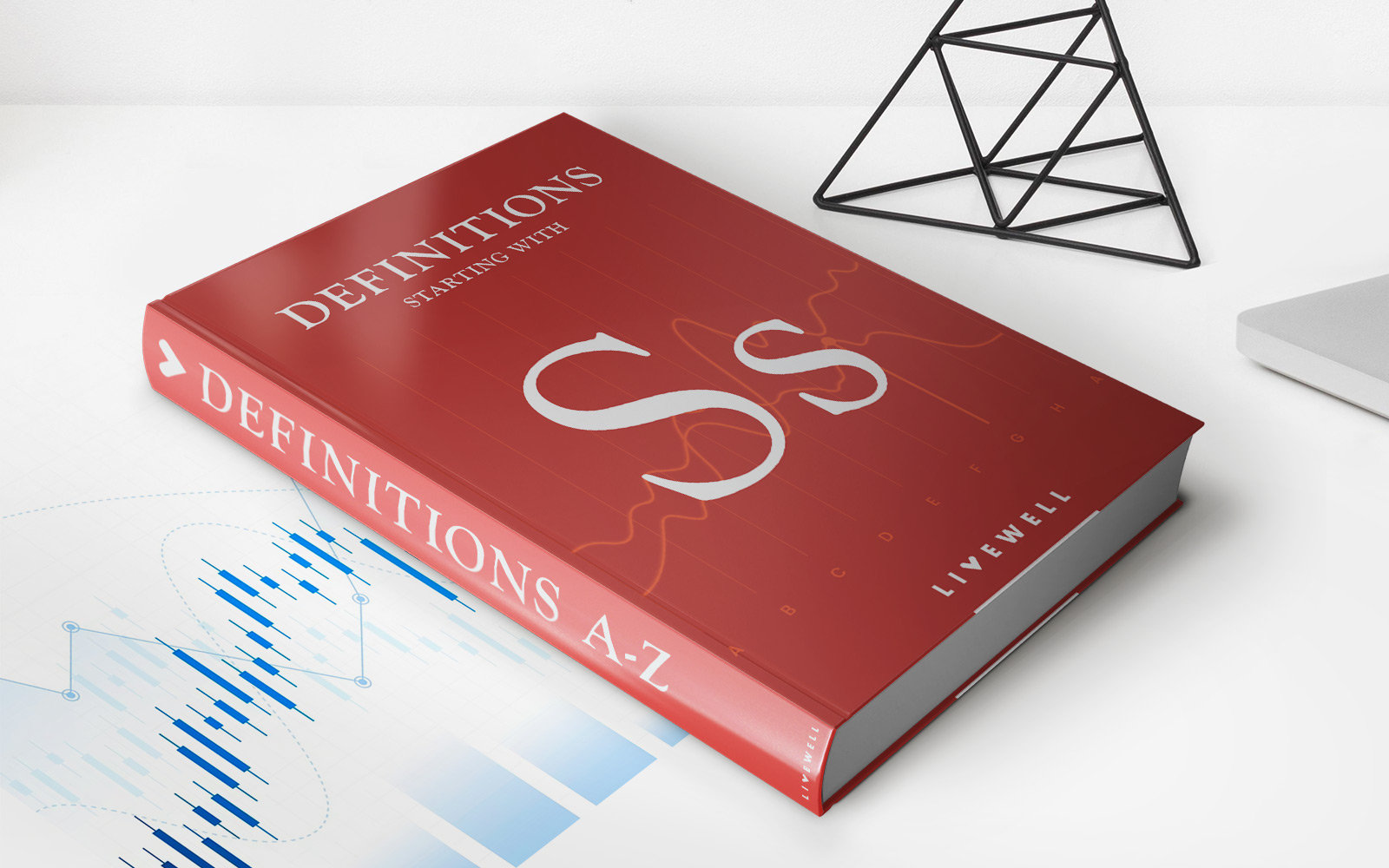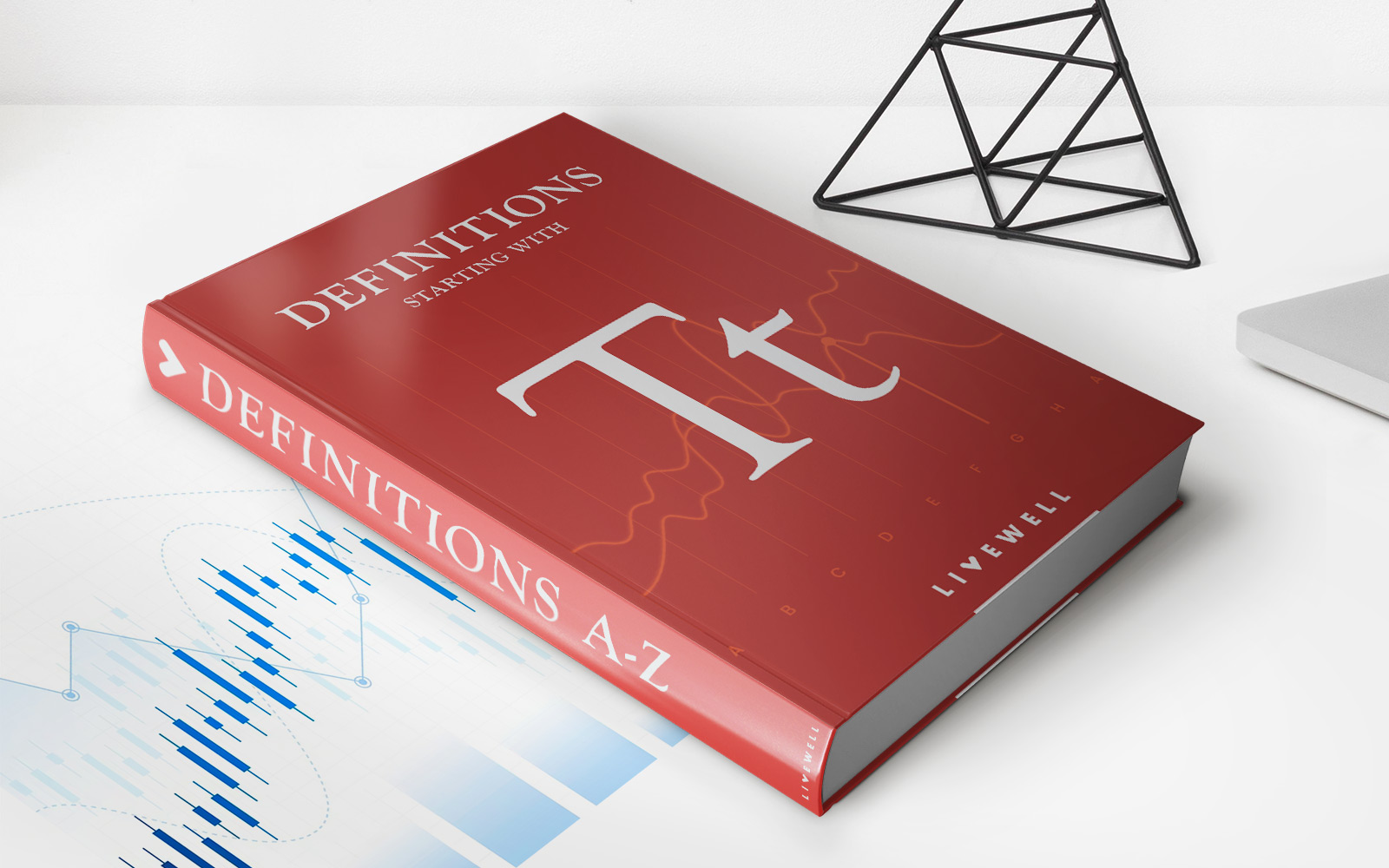

Finance
Blocked Currency Definition
Modified: February 6, 2024
Discover the definition of blocked currency in finance and how it impacts global markets. Gain insights into the complexities of this concept and its implications for business and investment.
(Many of the links in this article redirect to a specific reviewed product. Your purchase of these products through affiliate links helps to generate commission for LiveWell, at no extra cost. Learn more)
The Blocked Currency Definition: Understanding How It Affects Your Finances
Finance is a vast and complex field, with numerous terms and concepts that can sometimes feel overwhelming. One topic that often gets overlooked is the concept of blocked currency. In this blog post, we will explore the blocked currency definition, its implications, and how it can potentially affect your financial situation.
Key Takeaways:
- Blocked currency refers to a specific currency that is restricted or limited in its usage or transferability by the government or governing body.
- The intention behind blocking currency is often to control or regulate the flow of money within a country and protect its economy.
So, what exactly is blocked currency? Blocked currency refers to a specific currency that is restricted or limited in its usage or transferability by the government or governing body. The intention behind blocking currency is often to control or regulate the flow of money within a country and protect its economy. These restrictions can be put in place due to political instability, economic crises, or other similar reasons.
Now that we understand the blocked currency definition, let’s explore how it can potentially affect you and your finances:
1. Impact on International Travel:
If you plan to travel to a country where the local currency is blocked, you might face challenges in exchanging your own currency for the local one. This can affect your ability to make purchases, pay for services, or simply navigate the local economy.
2. Implications for International Trade:
Companies involved in international trade might also face obstacles when dealing with a blocked currency. It can impact transactions, hinder the ability to make payments, and create barriers to business operations. This can result in financial losses and complications for businesses.
While blocked currency might seem like an inconvenience, it is important to recognize that these restrictions are put in place for a reason. Governments implement these measures to safeguard their economies and minimize potential risks. Understanding the blocked currency definition can help you navigate international financial transactions more effectively and be prepared for any potential challenges you may encounter.
In conclusion, blocked currency refers to a specific currency that is restricted or limited in its usage or transferability. While it may have implications for travelers and businesses engaged in international trade, it is essential to appreciate the reasons behind these restrictions. Blocked currency is a complex topic, but having a basic understanding of its definition can help you navigate financial transactions and plan accordingly.














